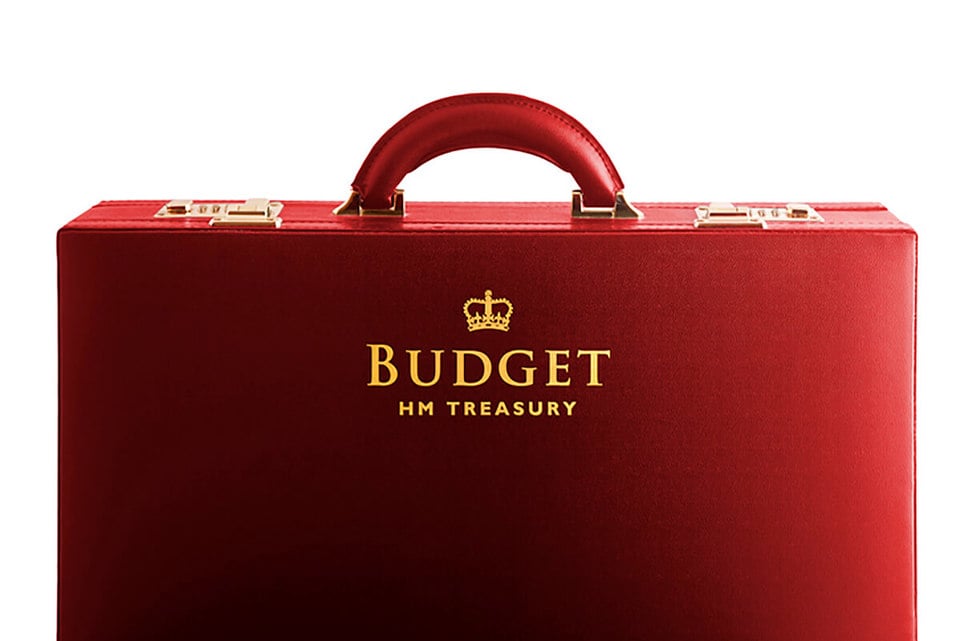Faced with rising pump prices and uncertainty over company car benefit-in-kind (BiK) tax rates, the industry is calling for clarity and certainty.
“We need to know the rates of taxation that will apply throughout the vehicle’s period of ownership or lease,” said David Rawlings, of Business Car Finance.
Rates are currently known for the next two financial years – 2011/12 and 2012/13 – but employees deciding now on their next company cars remain in the dark as to how much their tax bill will be from April 06, 2013.
“I think it’s necessary for the CO2 bandings to be published up until 2015/16 to ensure they are aligned with the bands for ultra low emission cars,” added Rawlings.
In the past decade, successive Governments have announced BiK rates on a three-year cycle so drivers knew where they stood.
“That routine has broken down,” said ACFO chairman Julie Jenner.
“It is a concern that employees are taking delivery of new cars now and have no idea of how much tax they will be paying on a vehicle they will still be driving in 2013/14.
“Additionally, with some cars now being driven into a fourth year it would be helpful if rates were announced on a four-year cycle.”
It could be an eventful Budget as George Osborne attempts to juggle the nation’s finances against a backdrop of slow growth and rising inflation.
The readers of Fleet News have already voiced their opinion, with one in three respondents to an online poll calling for the Chancellor to remove the diesel supplement from BiK (Fleet News, February 17).
Introduced in 2002 to discourage the uptake of ‘dirty’ diesels, the British Vehicle Rental and Leasing Association (BVRLA) labelled the surcharge as “out of date”.
John Lewis, chief executive of the BVRLA, said: “It penalises company car users for selecting the very same diesel vehicles that have the lowest CO2 emissions in their class.
“This supplement is well past its use-by-date – we know it and so do the Government.”
The BVRLA is calling for a “straight-forward, technology neutral” company car tax framework, which delivers clarity and certainty to road users.
Meanwhile, it’s widely expected that the coalition Government will act on fuel prices, which could result in the fuel duty rise scheduled for April 1 being scrapped and introduction of a fuel duty stabiliser.
It’s already reviewed Advisory Fuel Rates (AFRs) three months earlier than expected, but AMAP rates remain untouched.
The tax-free mileage reimbursement rate paid to employees who drive their own cars on business currently stands at 40p per mile for the first 10,000 miles and 25p per mile thereafter.
“I would not be surprised to see some changes to AMAP rates, which will soon have been unchanged for 10 years,” said Rawlings.
Jenner added: “The AMAP system is a very blunt instrument with only ‘low administrative requirement’ as a redeeming feature.
“It is therefore time for a thorough review of the structure of rates and how they relate to other systems in use to achieve business travel.”
HMRC attempts to offer clarity on ‘perk tax’
The Chancellor will also confirm in the Finance Bill a so-called ‘perk tax’ to tackle disguised remuneration.
The Treasury wants to ensure that any benefits received in addition to salary, which seek to avoid or defer paying income tax or National insurance, can be taxed.
However, draft legislation has raised concerns whether Employee Car Ownership (ECO) schemes or salary sacrifice could be in HMRC’s sights.
Following a consultation process, HMRC has tried to clarify the legislation with the publication of a series of frequently asked questions on its website.
It said: “We would accept that on its own, sacrificing salary in favour of provision of tax-exempt or tax advantaged benefits does not constitute tax avoidance.”
Alastair Kendrick, director, employment tax services at Mazars LLP, said: “It is my view that based on the recently released FAQs that there would not be a problem now in relation to most ECO and salary sacrifice arrangements.
“However, a problem would arise if the ECO scheme arrangement includes a loan by a third party which is not at commercial term. In reality that arrangement is unlikely to happen in practice very often.”
Follow the Budget with Fleet News
Visit the Fleet News website – fleetnews.co.uk/budget – for the very latest on the Budget and look out for coverage in the Fleet News ezine FNe, which will be delivered to your email inbox on Thursday, March 24. The next edition of Fleet News on March 31 will have full details and analysis on what Budget 2011 means for you and your fleet.
























Login to comment
Comments
No comments have been made yet.